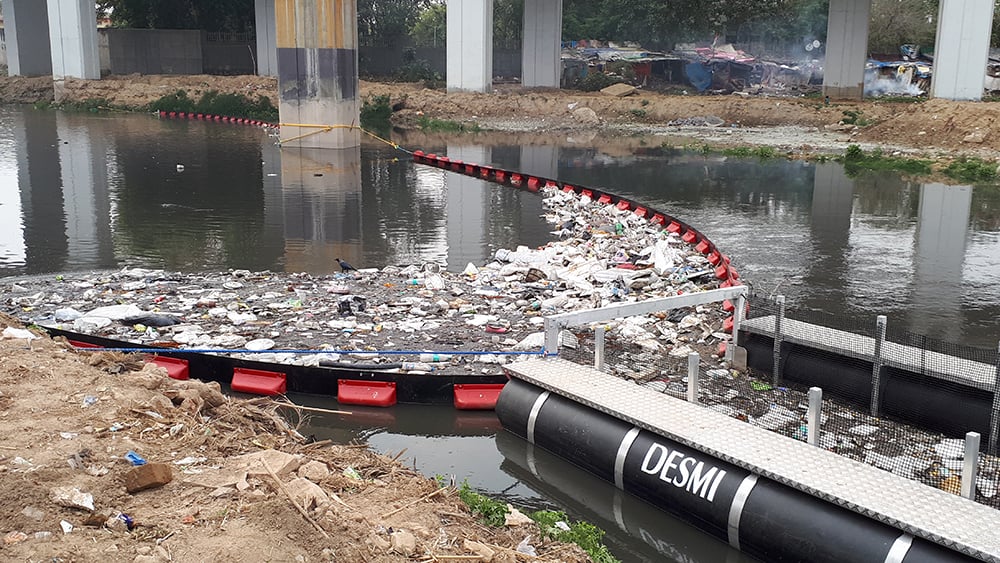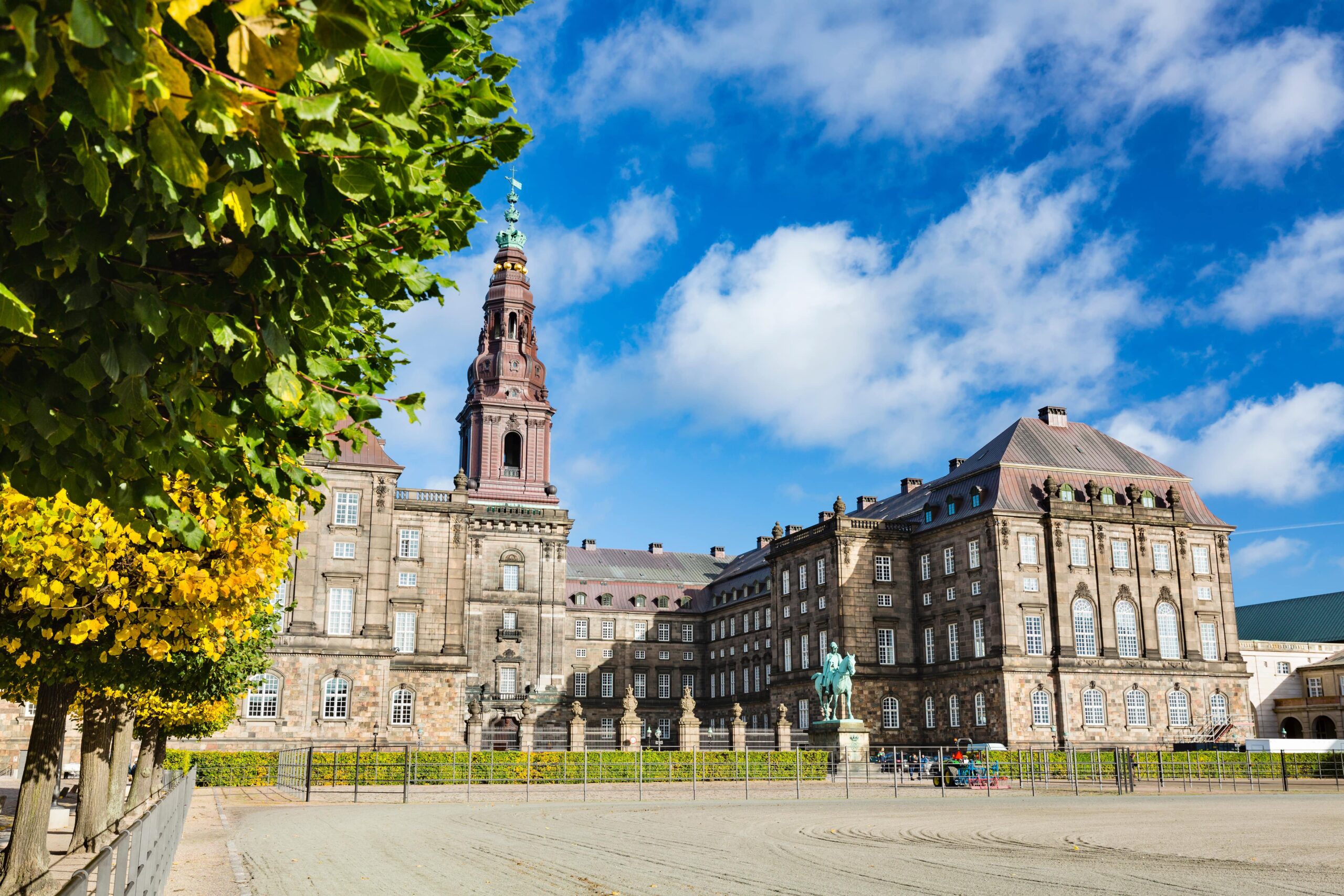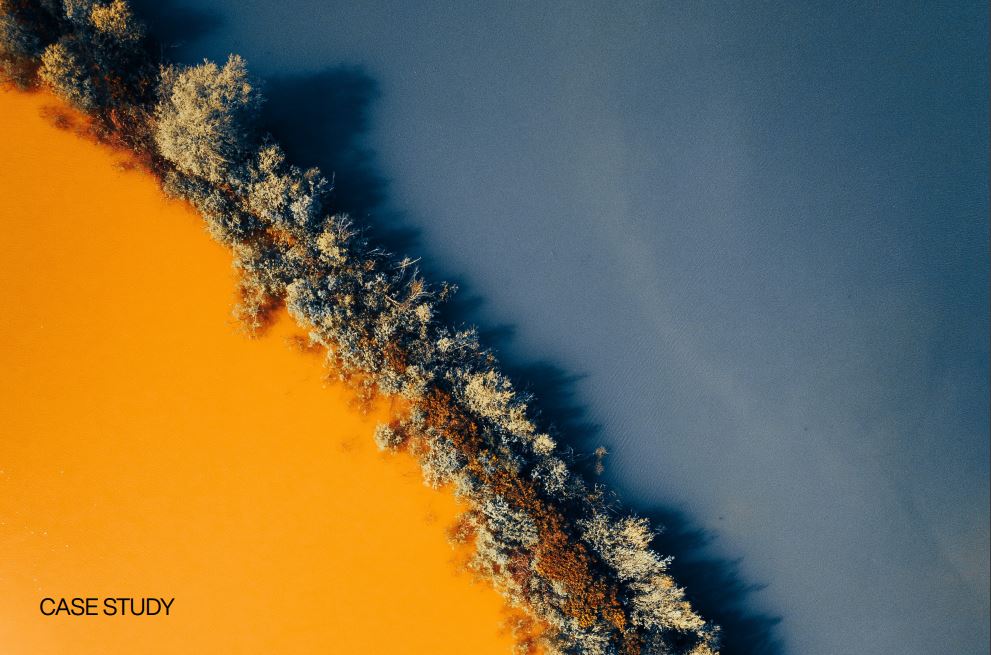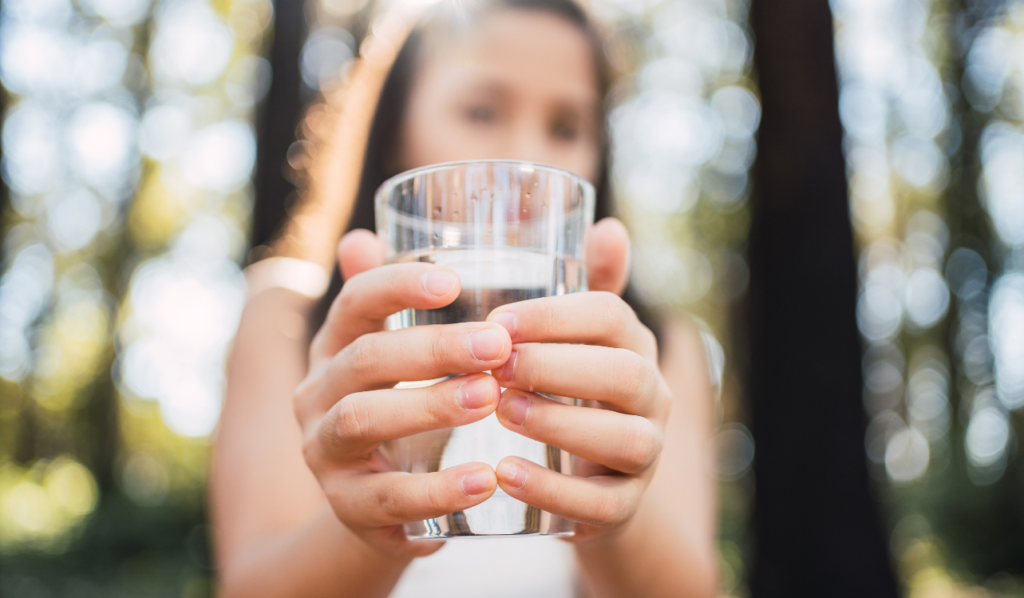News
Water management
Water supply
Danish partnership to provide clean water for refugee camps
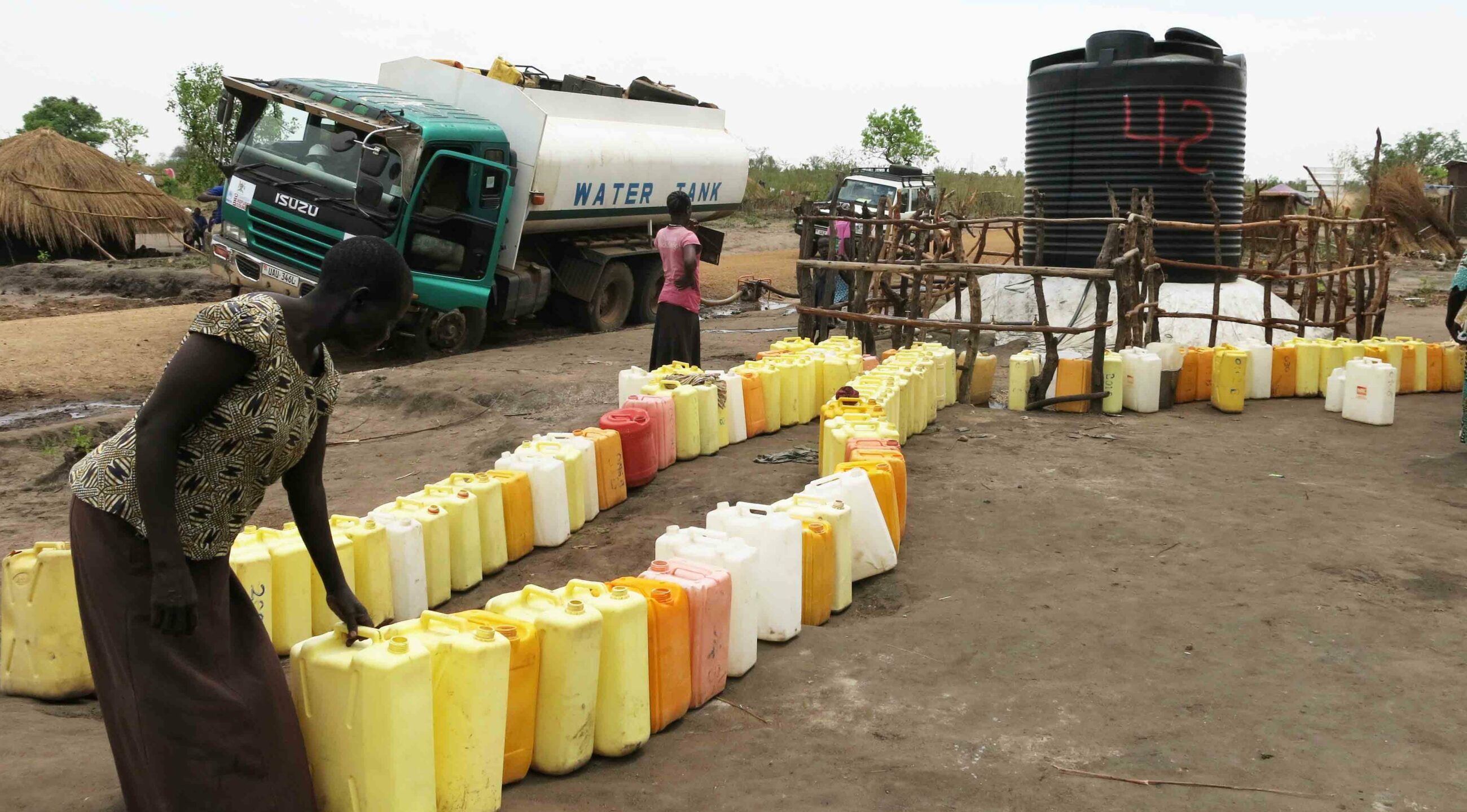

The everyday glass of water might seem a triviality for most people, but water is increasingly becoming a scarce resource around the world. Particularly for the most marginalised groups such as refugees.
In Africa, Uganda is the largest hosting country for refugees and asylum seekers with just over 1,000,000 – all of whom are particularly vulnerable due to the lack of clean water.
-Related solution: Cambodian water plant enjoys 20% water and energy savings
A partnership between the Danish water pump producer Grundfos and the Danish Refugee Council (DRC) have taken up this pivotal challenge. The partners are collaborating by installing solar-powered water pumps for clean drinking water in one of the world’s biggest refugee settlements in Uganda and documenting the effects of the solution.
“The cornerstone of the partnership is the technical know-how of Grundfos combined with our on-the-ground expertise on humanitarian needs. Together we have documented the life-cycle costs of water supply systems, and we are now putting forward a cheaper and more sustainable way of delivering water in humanitarian situations including in refugee camps”, said Anders Bech Tharsgaard, Head of Business Engagement, Danish Refugee Council.
Providing a cheaper and more sustainable water solution
The dominant way of providing some of Africa’s most vulnerable citizens with clean water is by trucks filled to the brink from sources like the River Nile. Not only is this the most expensive long-term method for providing a safe source of water, but it also has the highest carbon footprint of all current water-solutions.
Therefore, the business model of Grundfos and DRC focuses on utilising solar-driven water systems to provide a cheaper and more sustainable source of safe water for refugee settlements. The potential of the partnership is to expand the sustainable water solution in refugee settlements as a business model on a global scale.
“We have adopted a 360 approach, where we couple technology to the needs on the ground and aim to leverage private sector money into an unlikely sector”, said Pia Yasuko Rask, Senior Engagement & Responsibility Manager, and continued:
“We share the ambition to use technologies in a way that enable poor people to meet their needs and only through our partnership can we understand both sides of that coin – made possible by the high degree of trust and reliability that we have built up through the past 3 years of working together”.
The business model developed in the partnership between Grundfos and Danish Refugee Council has received funding from P4G - Partnering for Green Growth and Global Goals 2030 based on its potential for bankable systemic change on how water resources are sustainably handled.
UN World Water Day – Leaving no one behind
The UN World Water Day focuses on tackling the water crisis by addressing the reasons why so many people are being left behind. Accordingly, the solution being tested by Grundfos and DRC’s results are particularly vital.
-Related solution: Finding water in Jordan
As water scarcity increases, it is a growing problem worldwide to ensure the minimal 7.5 and 15 litres of water needed daily per person for drinking, cooking and personal hygiene. The scalability of the solution is much needed as 68.5 million people are displaced currently, of whom 19.9 million are refugees.
“To scale up our solution we need new, committing partnership models with the private sector and investors. We do not have the financial muscles to achieve this alone, but if we develop a bankable solution, we can attract impact investors and thereby ensure clean water for all”, said Anders Bech Tharsgaard of Danish Refugee Council.
Grundfos and Danish Refugee Council will present their solutions to the P4G business network on March 25, 2019.
Photo credit: Grundfos

